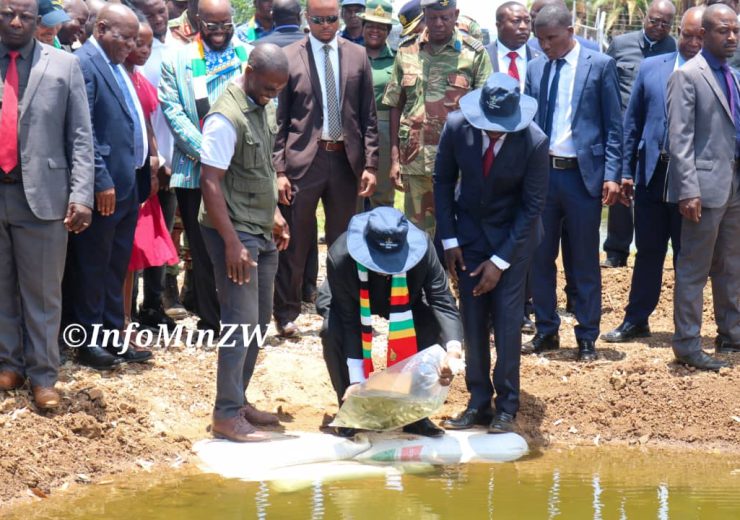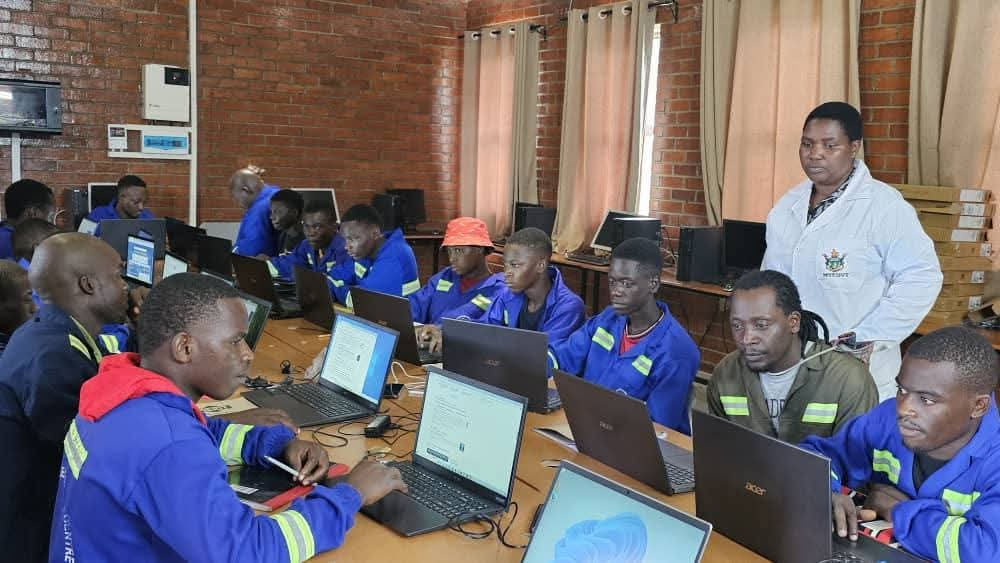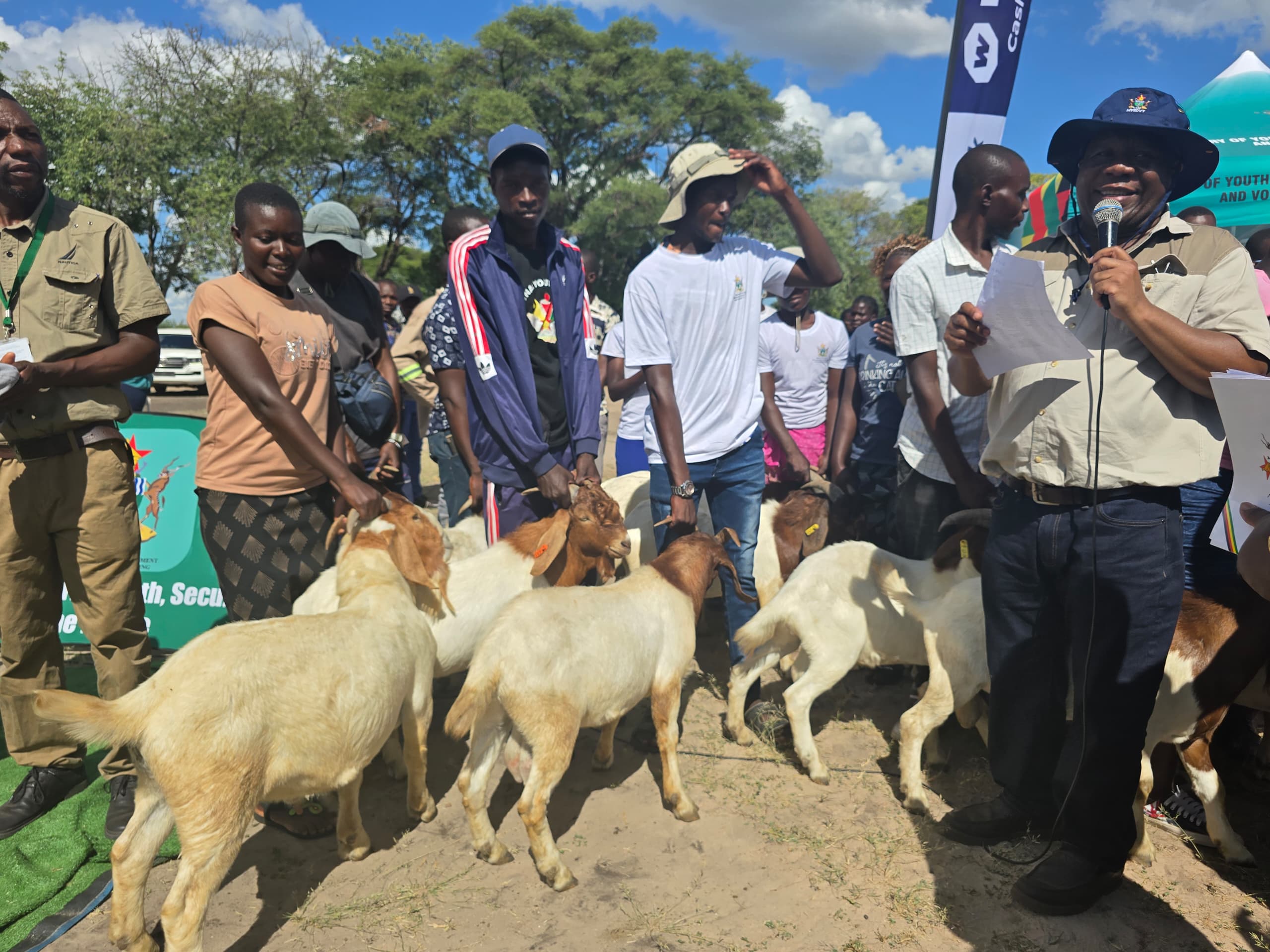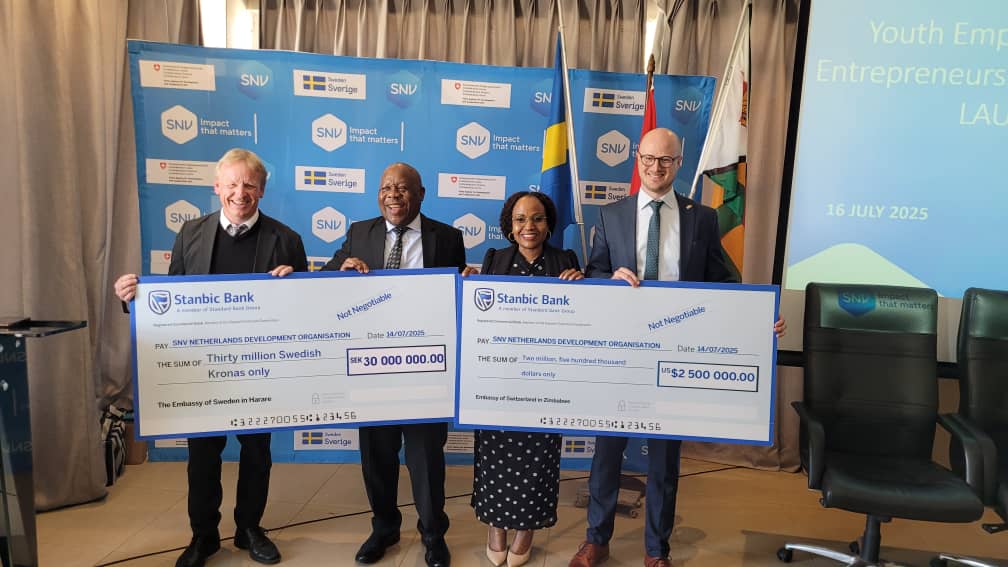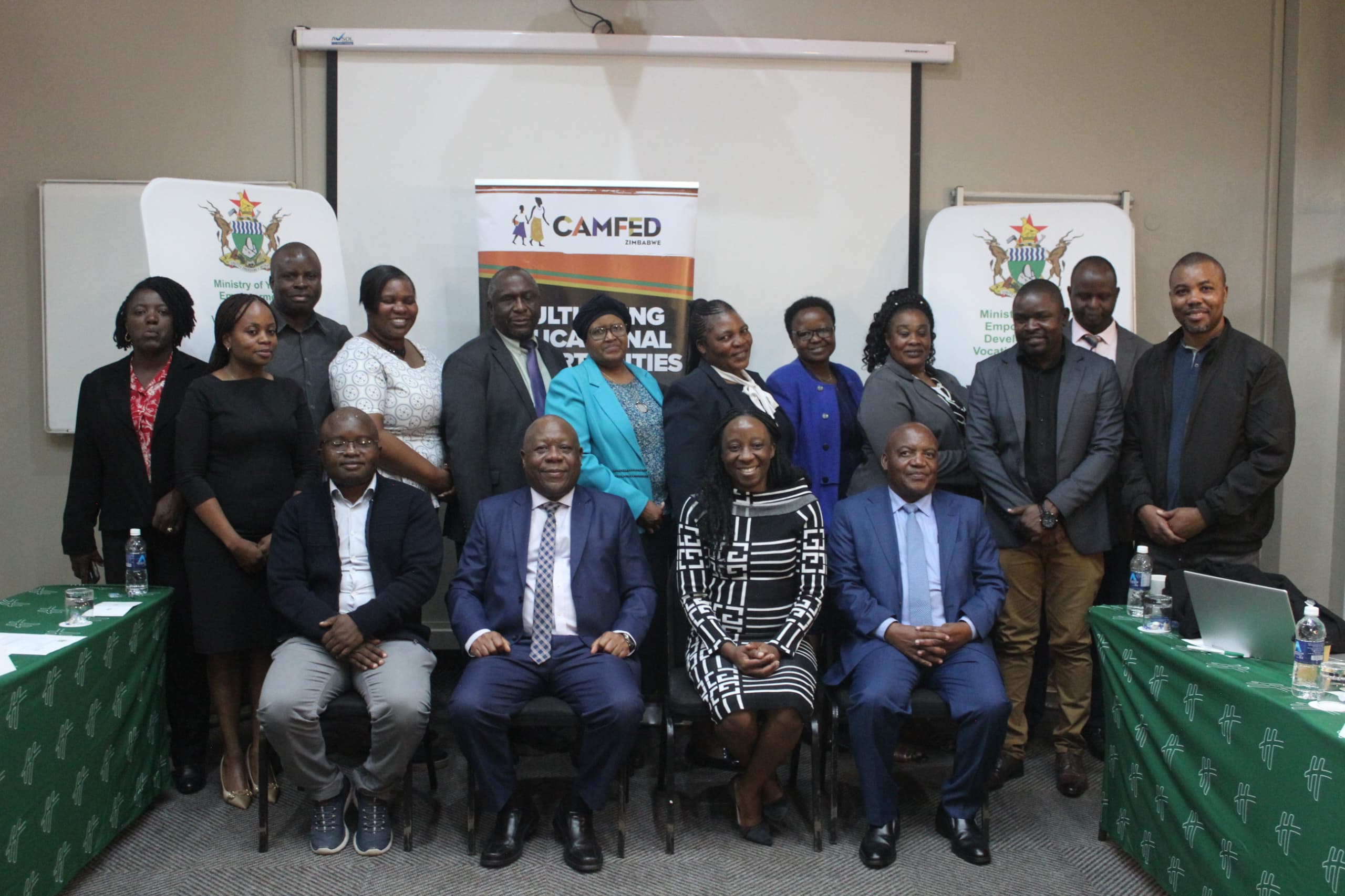Take Our Survey
Ministry Updates
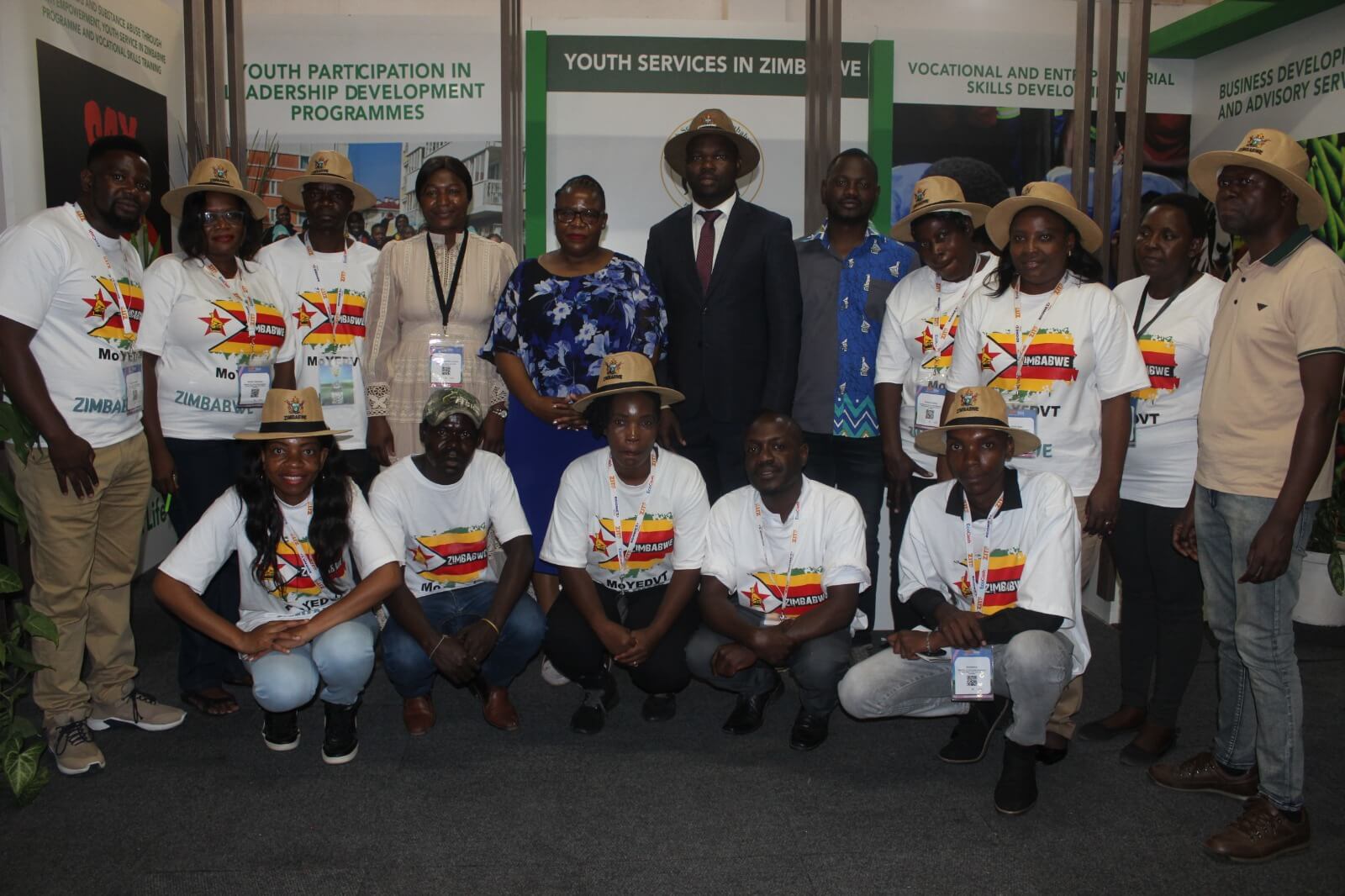
Youth Empowerment and
Development
Supports youth entrepreneurship through policy creation, funding management, business incubation, and creating economic opportunities for youth in various sectors
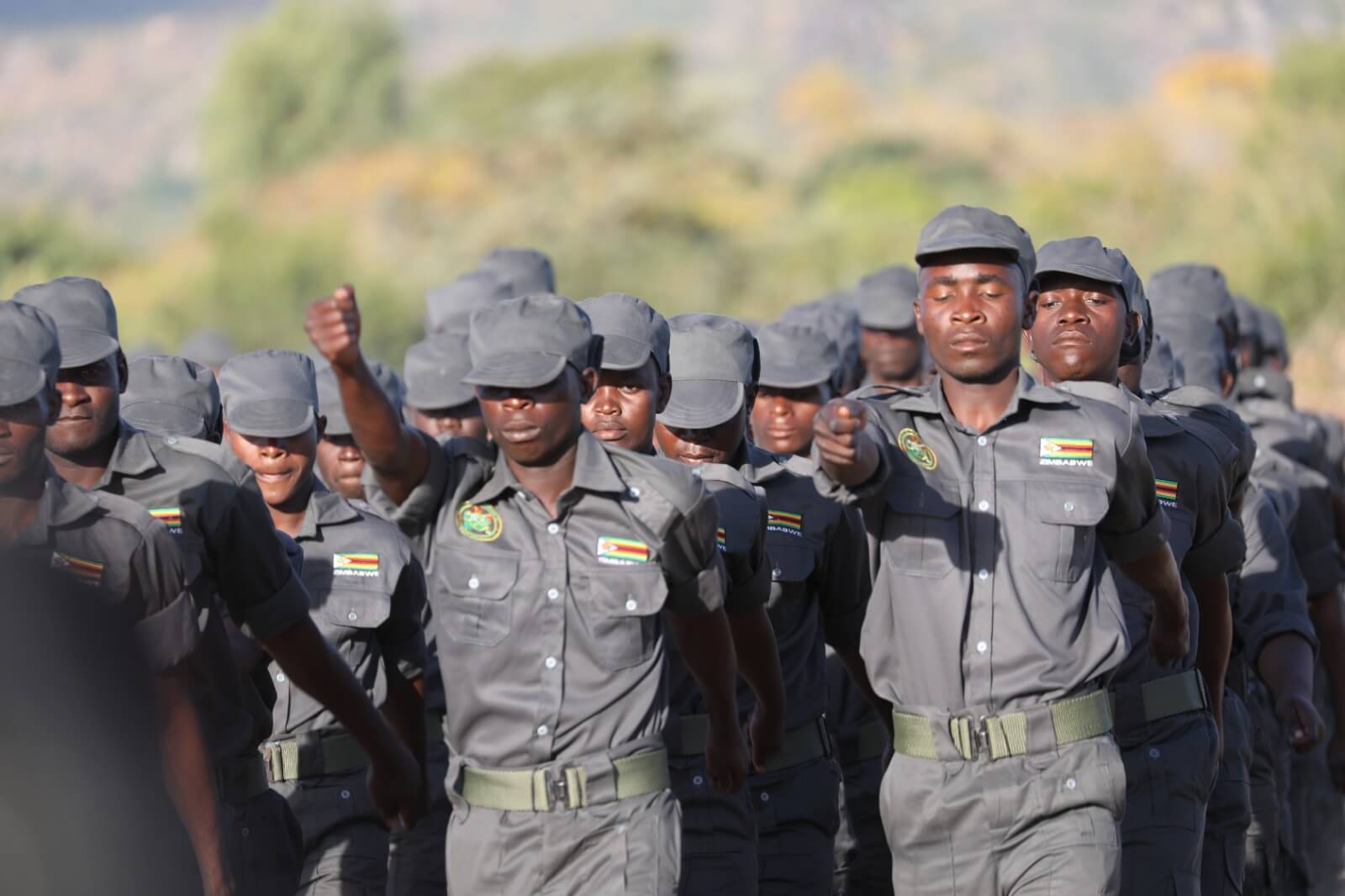
Youth Service in
Zimbabwe
Encourages national identity and civic responsibility among youth through career guidance, training programs, and public-private partnerships, facilitating placements in government and education.

Vocational Training and Skills Development
Provides youth with technical and entrepreneurial skills through vocational training, public-private partnerships, and curriculum development to improve employability and self-sufficiency.

Business
Development
Focuses on youth entrepreneurship by developing policies, providing technical support, creating business hubs, and establishing public-private partnerships for youth empowerment.
our principals




